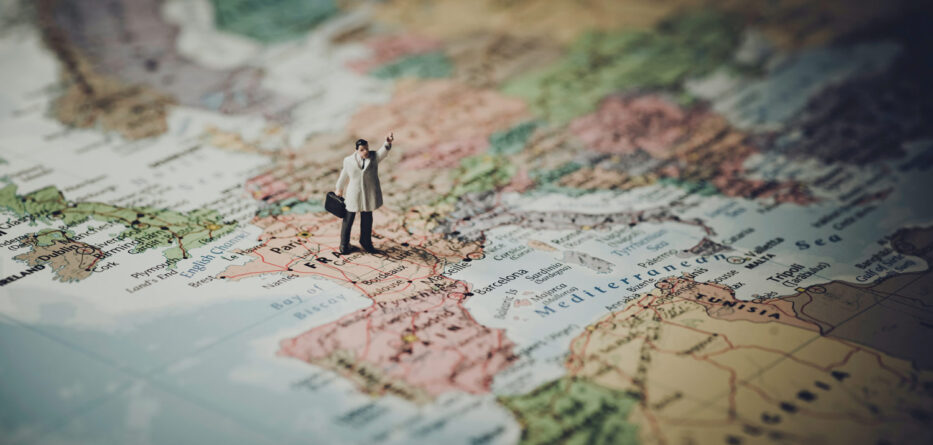The United Nations presented on Tuesday their report: ‘Tourism and Covid-19’, which predicts that up to 100 million jobs could be lost within the tourism sector as a result of the pandemic, and could lead to a 2.8 per cent drop in gross domestic product (GDP).
The document also warns of the short and long-term consequences of governments adopting unilateral decisions, including possible negative impacts on recovery efforts and consumer trust in international tourism.
The UN urged countries to intensify international cooperation on travel restrictions and border management.
The report, authored by the World Tourism Organization (UNWTO), one of the United Nations’ specialized agencies, notes that, as countries gradually remove travel restrictions and the sector slowly reboots, health must remain a priority.
Therefore, coordinated protocols must be established to “protect workers, communities and travelers, while supporting companies and workers”.
In a message on the occasion of the publication of the report, the Secretary-General of the United Nations, António Guterres, recalled that tourism is one of the most important economic sectors in the world that employs one in ten people and provides for hundreds of millions more, in addition to boosting economies and allowing countries to prosper.
Guterres said the crisis is “a major shock” for developed economies and that “for developing countries, it is an emergency, particularly for many small island developing states and African countries”.
Global flows of foreign direct investment are expected to decline by as much as 40% in 2020, and developed countries will also suffer.
International tourist arrivals, which reached 1.5 billion in 2019 (another 9 billion people travelled within their countries), could fall by between 58 per cent and 78 per cent in 2020.
This puts up to 100 million direct jobs in tourism at risk.
Tourism spending could decrease between 910 billion and 1.2 trillion dollars, which would plummet the GDP between 1.5% and 2.8%.
Small businesses, which support 80 per cent of world tourism, are particularly vulnerable.
Women and the young population, between the ages of 15 and 24, are the groups with the highest representation in the sector, with 54% and 21%, respectively, and therefore most at risk.
Tourism is also a key pillar for the conservation of natural and cultural heritage and the sudden drop in income has led to an increase in poaching and the destruction of habitats in and around protected areas.
Seven per cent of world tourism is related to wildlife, a segment that grows by three per cent annually.
In many African destinations, wildlife accounts for up to 80 per cent of visits, and in some small island developing countries, tourism revenues also fund marine conservation efforts.
90 per cent of countries have closed world heritage sites, with socio-economic consequences for communities that depend on tourism, and 90 per cent of museums (85,000) closed during the crisis and it is estimated that 13 per cent of those may never reopen.
To help with recovery, the report pushes countries to mitigate the socio-economic impacts of the crisis, in particular women’s employment and economic security, maximizing the use of technology in the sector – including investment in digital skills, especially for the unemployed.
The report promotes competitiveness and resilience throughout the tourism value chain, supporting the development of tourism infrastructures and quality services.
It suggests that boosting sustainability is necessary, as well as the formation and coordination of alliances to restart and transform the sector to achieve Sustainable Development Goals; “ensuring tourism’s restart and recovery puts people first and work together to ease and lift travel restrictions in a responsible and coordinated manner”.
“The crisis is an opportunity to rethink how tourism interacts with our societies, other economic sectors and our natural resources and ecosystems; to measure and manage it better; to ensure a fair distribution of its benefits and to advance the transition towards a carbon neutral and resilient tourism economy,” the report reads.






